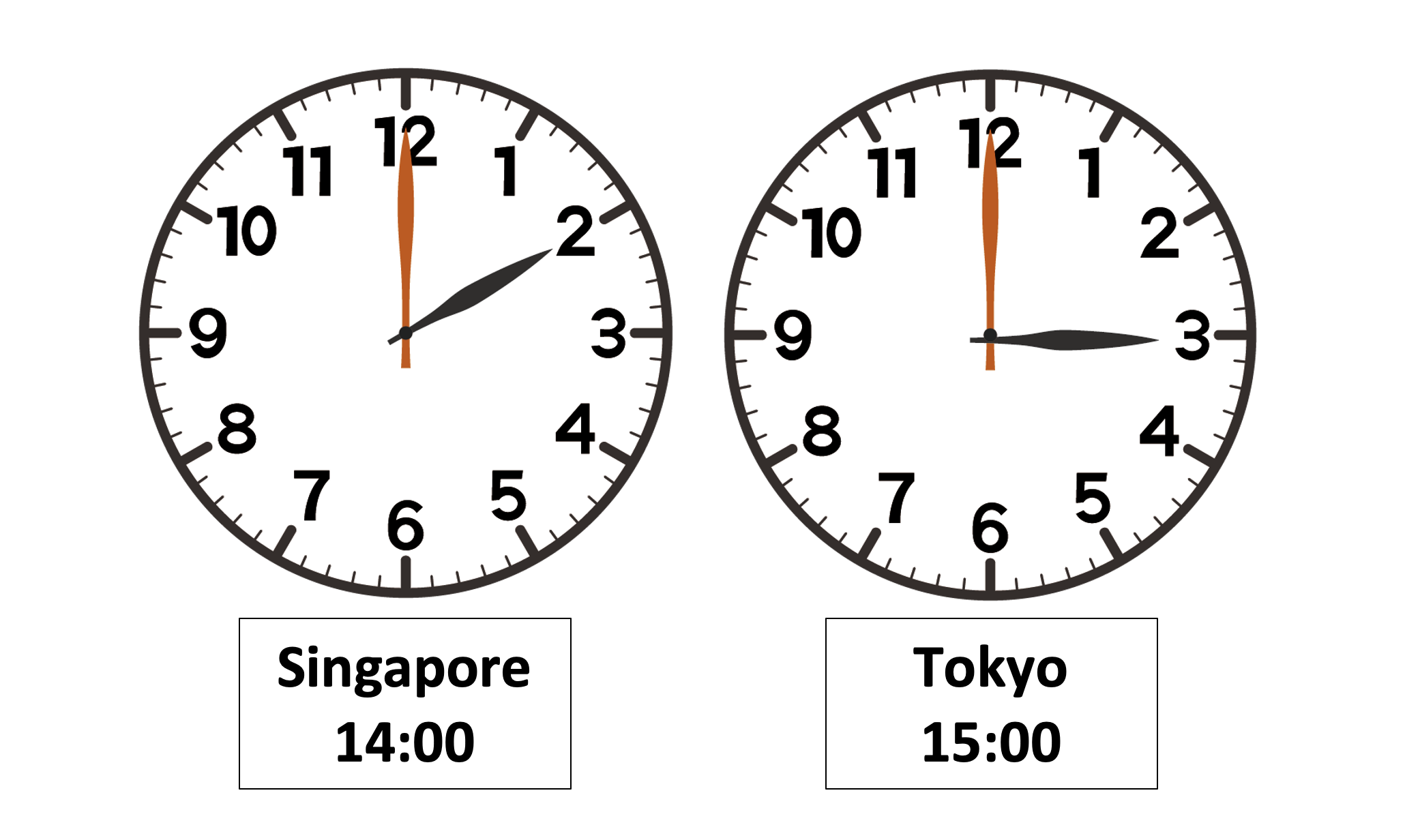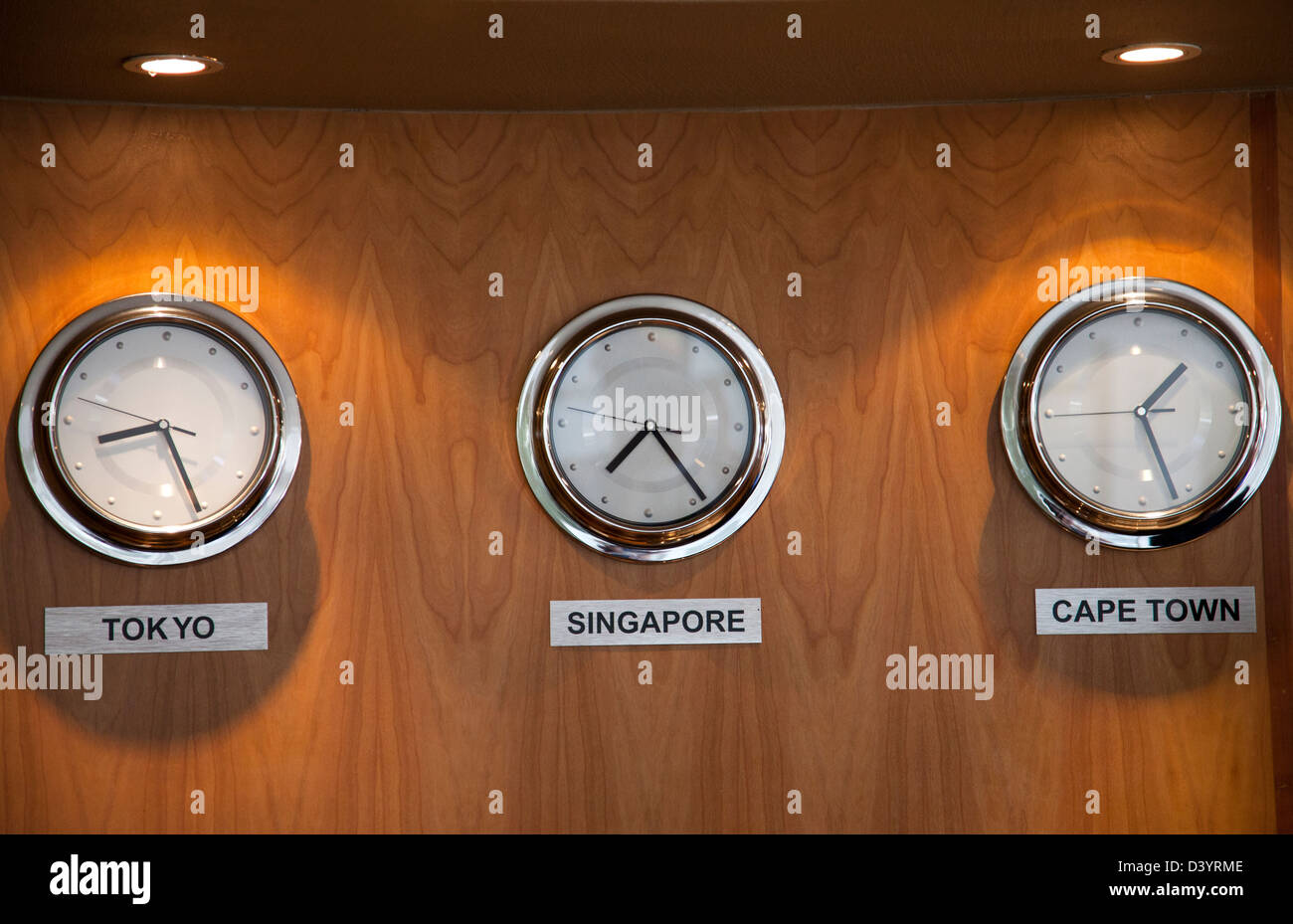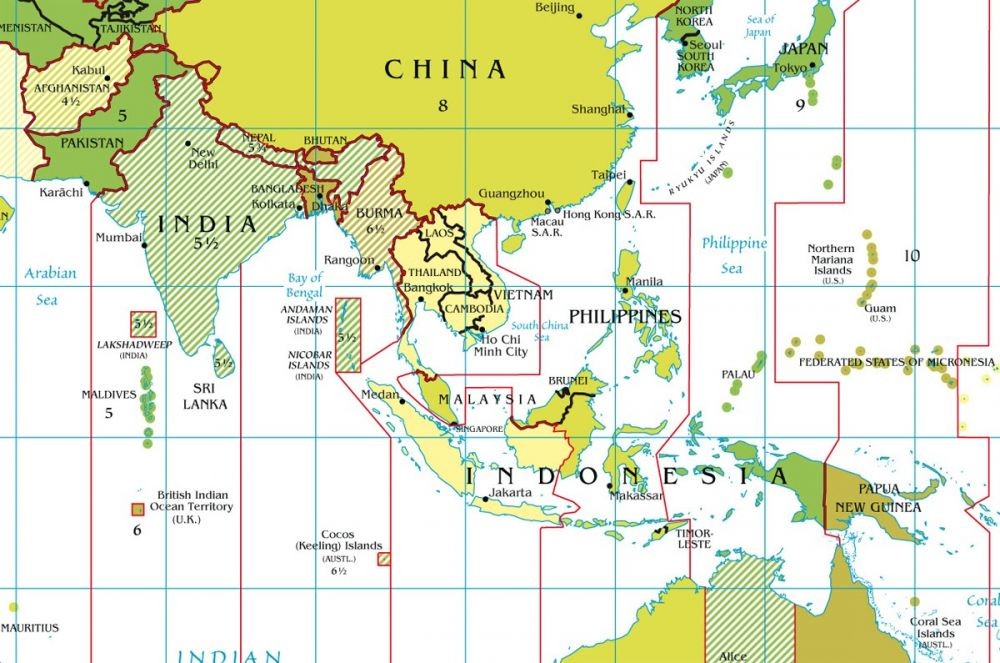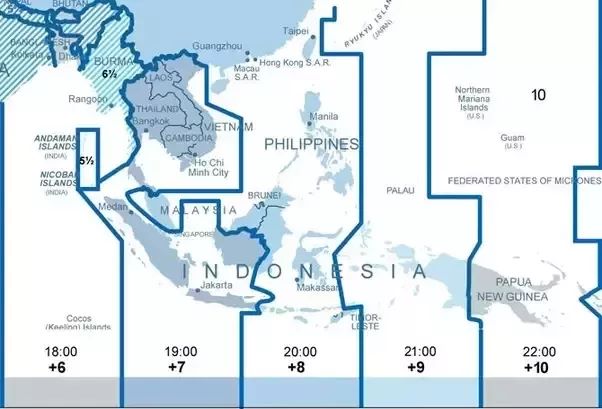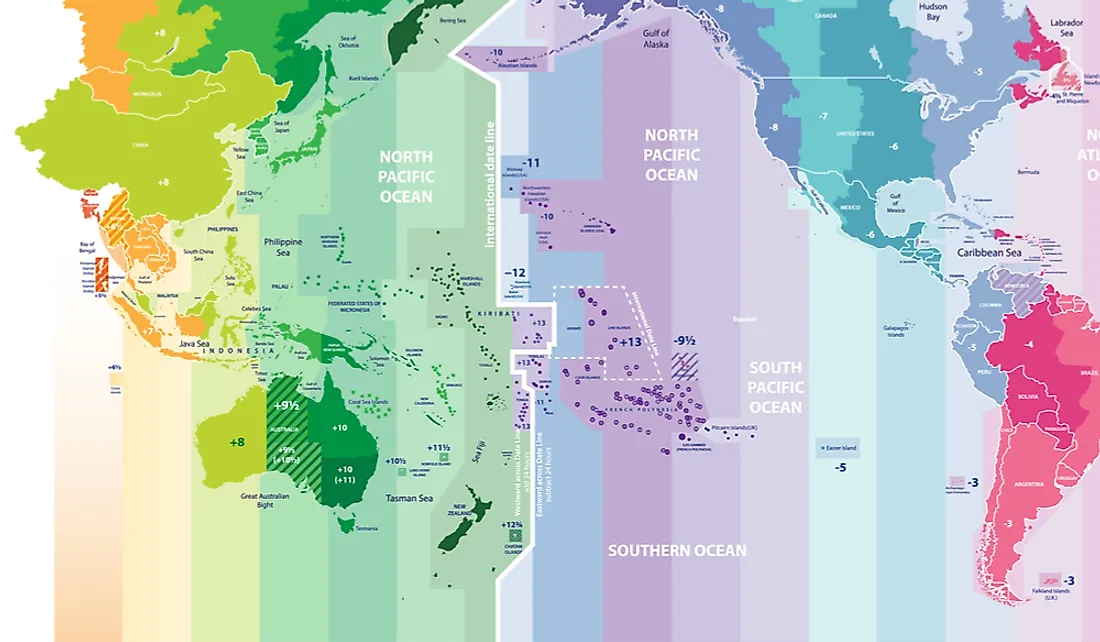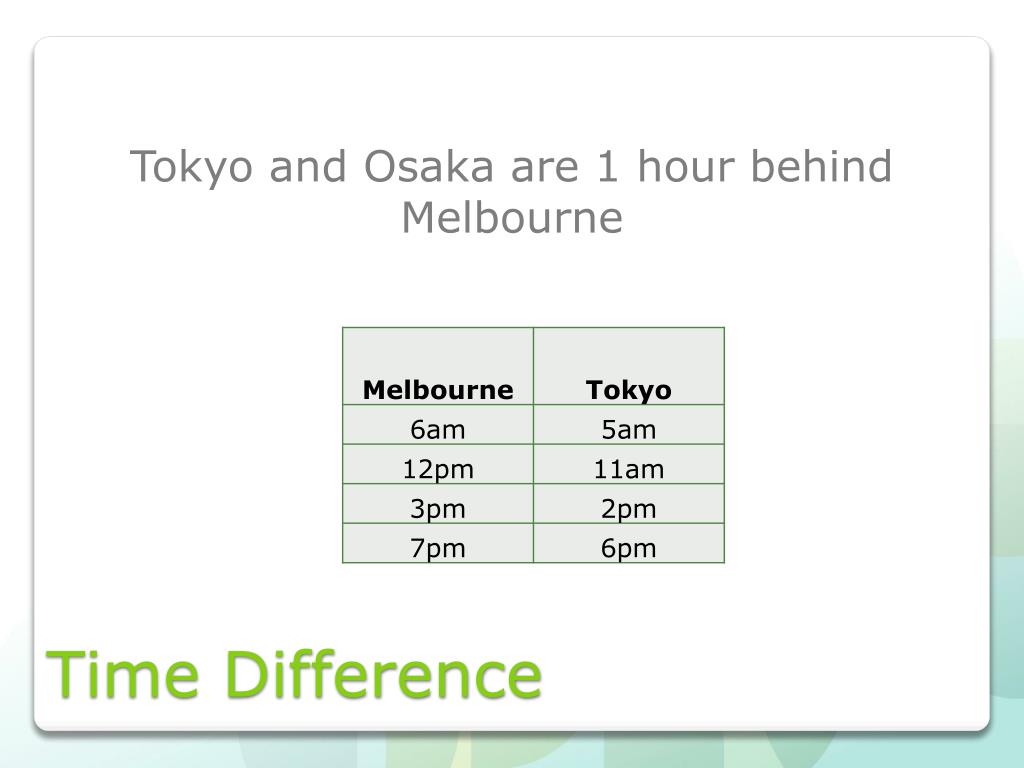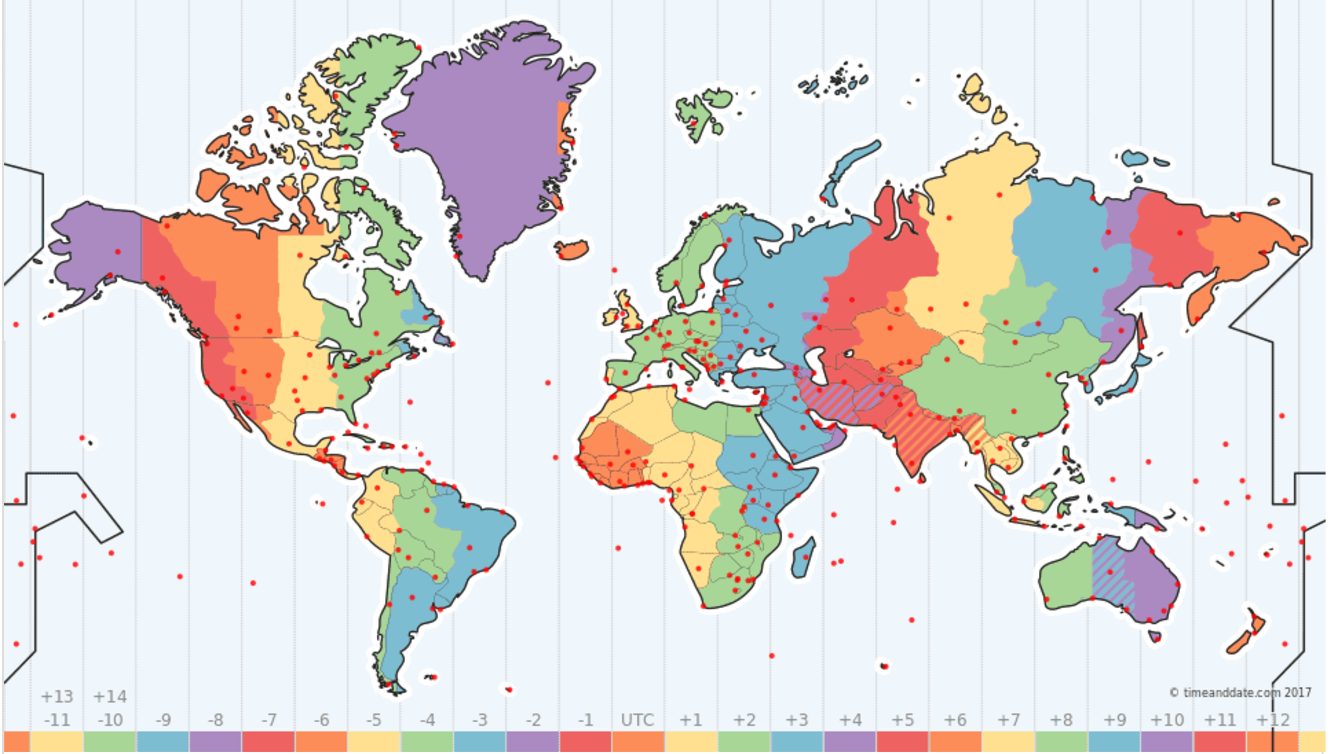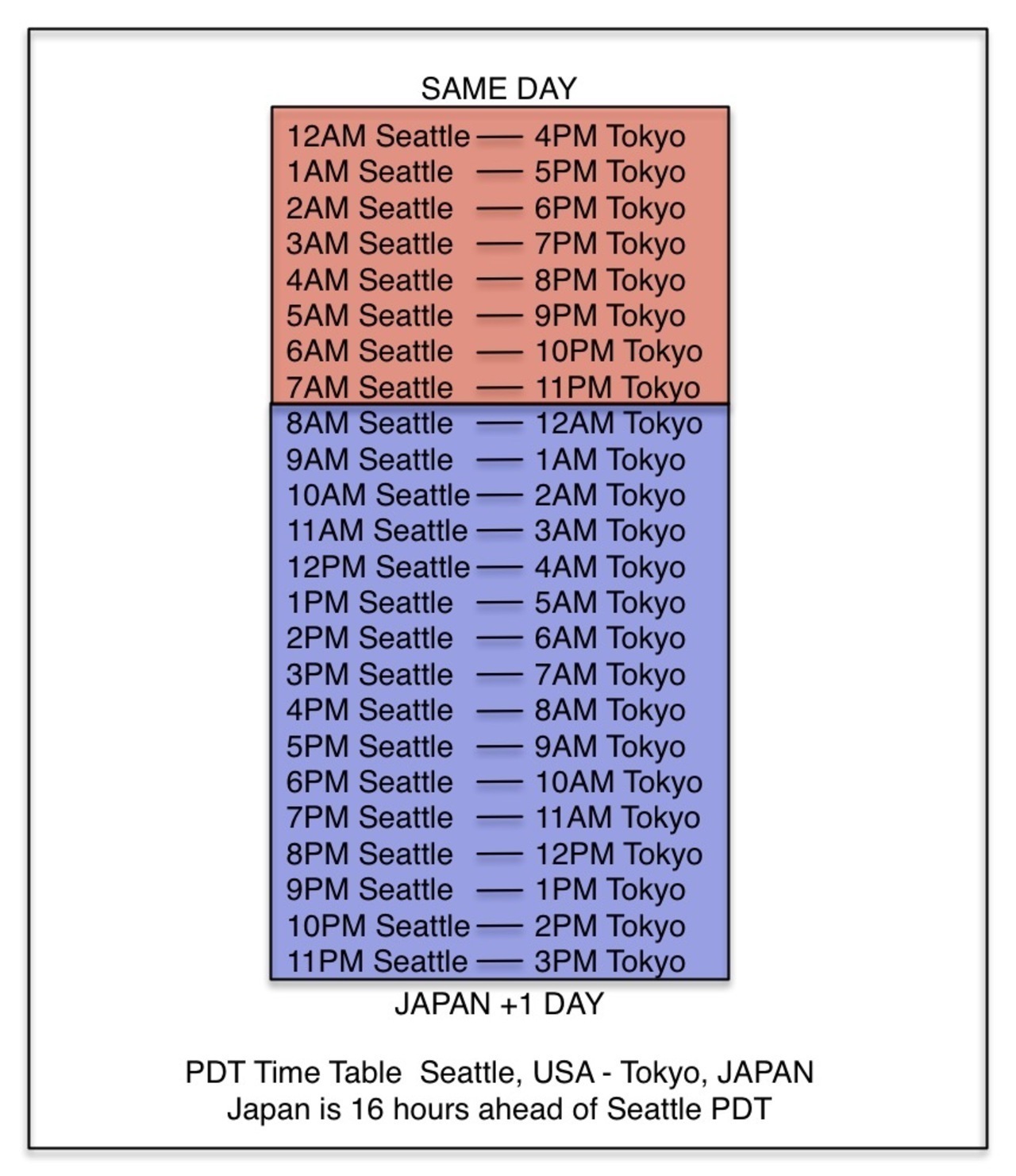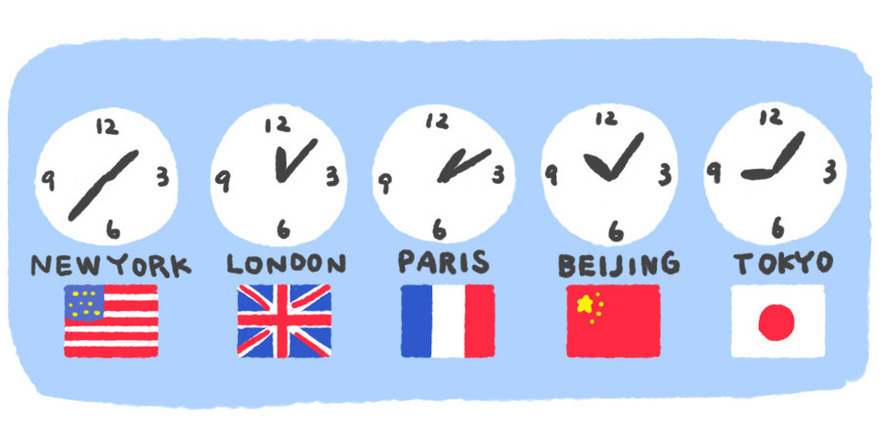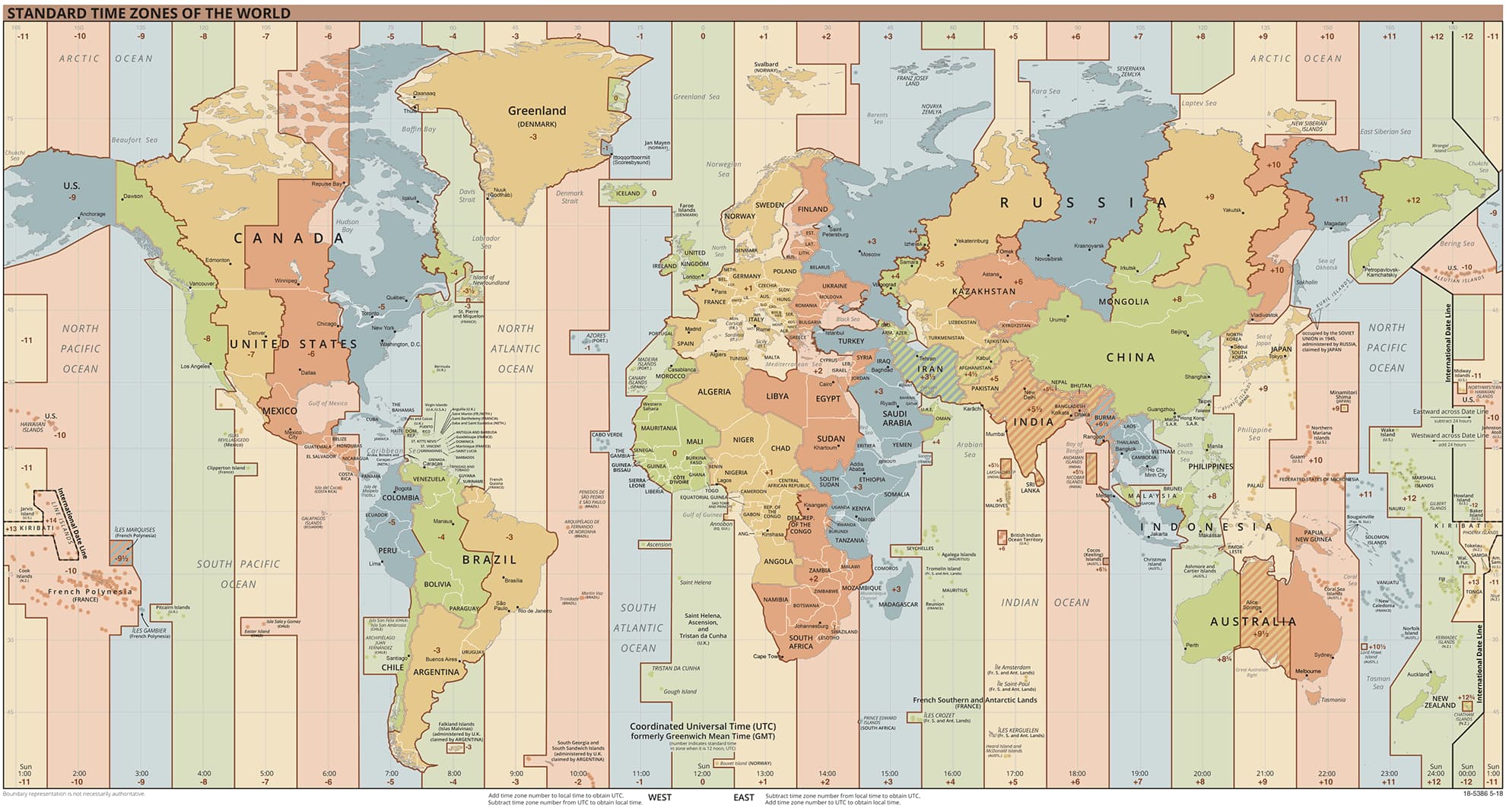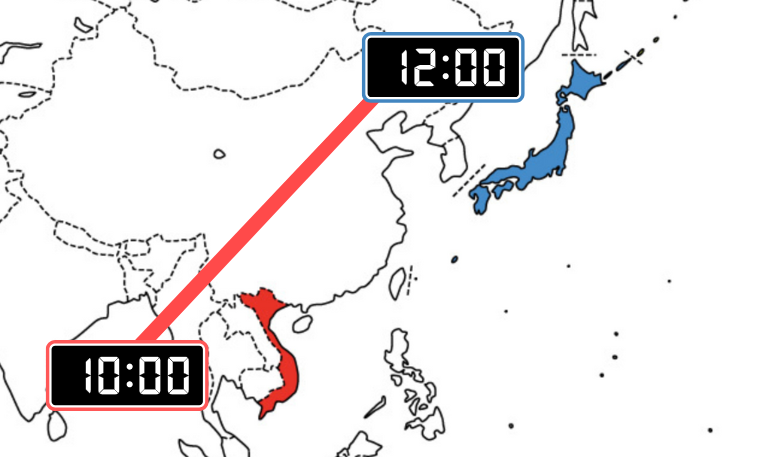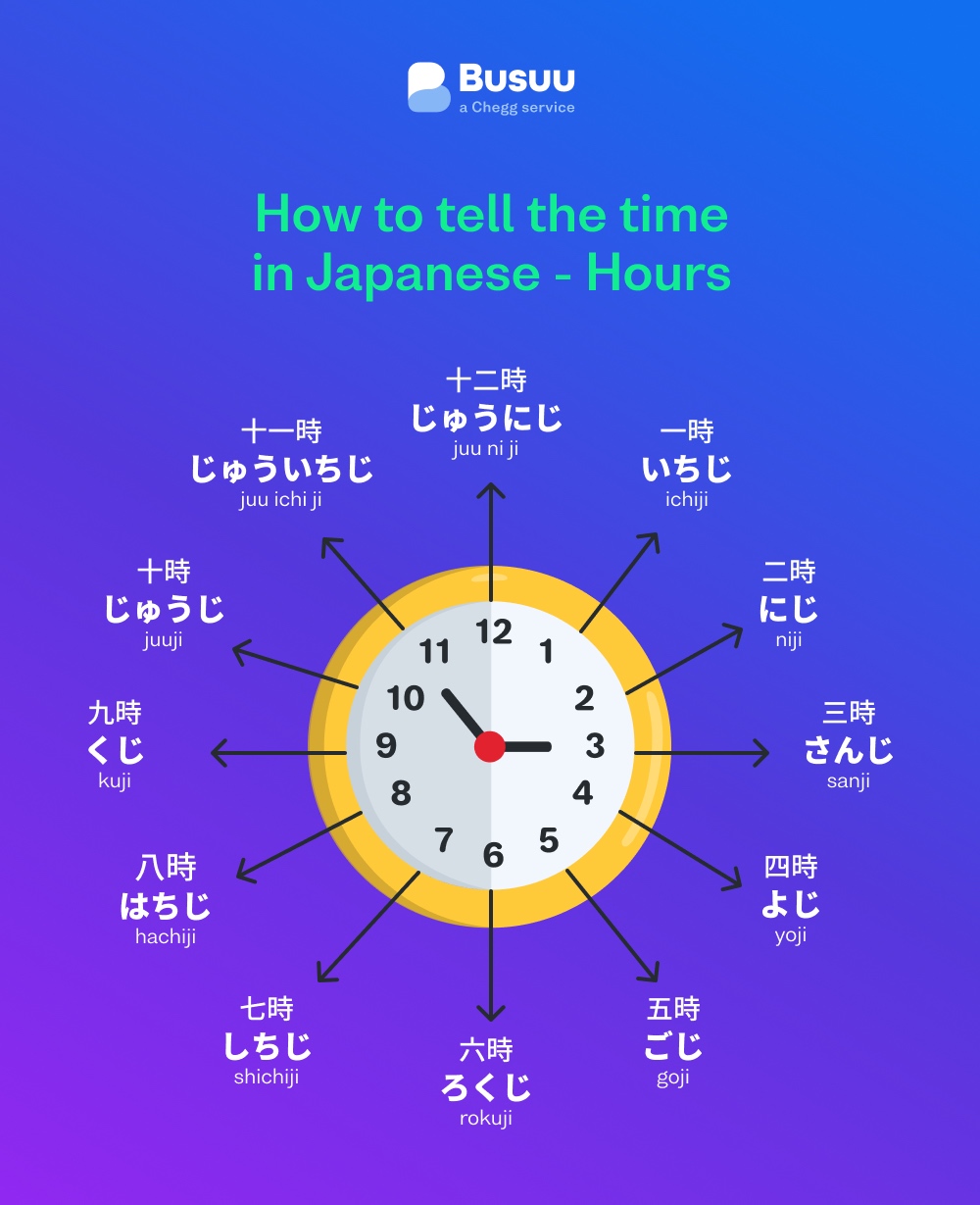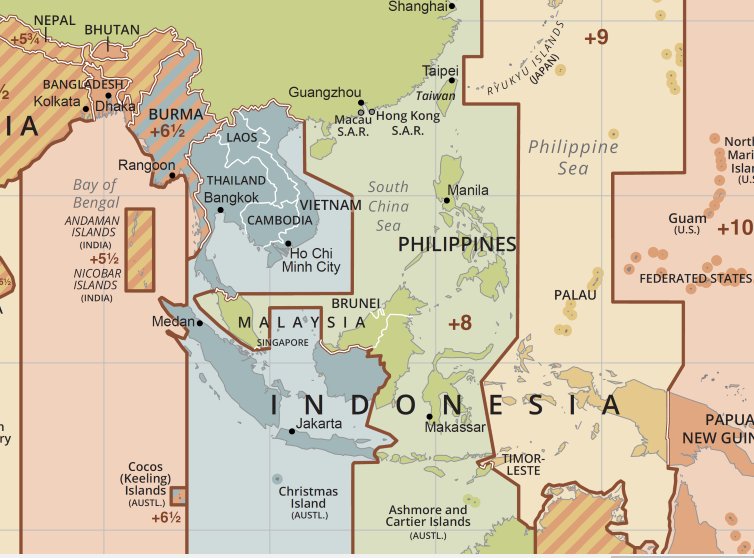Japan Time Difference With Singapore

Heads up: Travelers and businesses operating between Singapore and Japan, be aware! Japan observes Japan Standard Time (JST), which is one hour ahead of Singapore Standard Time (SST).
This seemingly small time difference can have significant implications for scheduling calls, coordinating travel plans, and meeting deadlines. Understanding and accounting for this gap is crucial to avoid miscommunication and ensure smooth operations across borders.
Singapore and Japan: Bridging the Time Gap
The key takeaway: Japan is always one hour ahead of Singapore. Singapore operates on SST, which is GMT+8. Japan follows JST, which is GMT+9.
This constant difference means that when it is 12:00 PM (noon) in Singapore, it is already 1:00 PM in Japan.
Impact on Business Communication
Businesses conducting real-time collaborations between Singapore and Japan must factor in this one-hour difference. Scheduling meetings requires careful consideration to accommodate working hours in both countries.
For example, a meeting scheduled for 9:00 AM in Singapore would commence at 10:00 AM in Japan. Always double-check time zone conversions to prevent missed appointments or late arrivals.
Travel Considerations
International travel between Singapore and Japan requires an adjustment of one hour upon arrival. When traveling from Singapore to Japan, you will need to set your watch forward by one hour.
Conversely, traveling from Japan to Singapore necessitates setting your watch back by one hour. Plan arrival and departure times accordingly to prevent confusion regarding connecting flights or scheduled activities.
Financial Markets and Trading
The financial markets in Singapore and Japan operate within different time zones, impacting trading activities. The Singapore Exchange (SGX) and the Tokyo Stock Exchange (TSE) have overlapping trading hours.
Traders need to be mindful of the one-hour difference when executing trades or monitoring market activity across both exchanges. This ensures accurate data analysis and timely decision-making.
Cultural and Social Nuances
While the one-hour difference may seem minimal, understanding cultural norms is crucial. Avoid scheduling calls or meetings late at night or very early in the morning, considering typical business hours in both countries.
Being aware of these cultural nuances will foster better communication and stronger professional relationships.
Staying Updated
While the time difference between Singapore and Japan is consistent, it is always advisable to double-check using online time zone converters. Reliable resources include websites like TimeandDate.com or WorldTimeBuddy.com.
These tools offer real-time updates and accurate conversions, ensuring you stay on schedule. Regularly consulting these resources will mitigate potential errors.
Continuously verify scheduling tools, especially when coordinating complex projects. Cross-referencing using official time zone information will reduce the risk of errors.
Next Steps
Individuals and organizations are encouraged to integrate time zone awareness into their planning processes. Incorporating calendar tools with time zone support can streamline scheduling and reduce confusion.
Familiarizing yourself with time zone converters and utilizing them regularly is highly recommended. This simple step can prevent miscommunication and ensure seamless coordination between Singapore and Japan.
